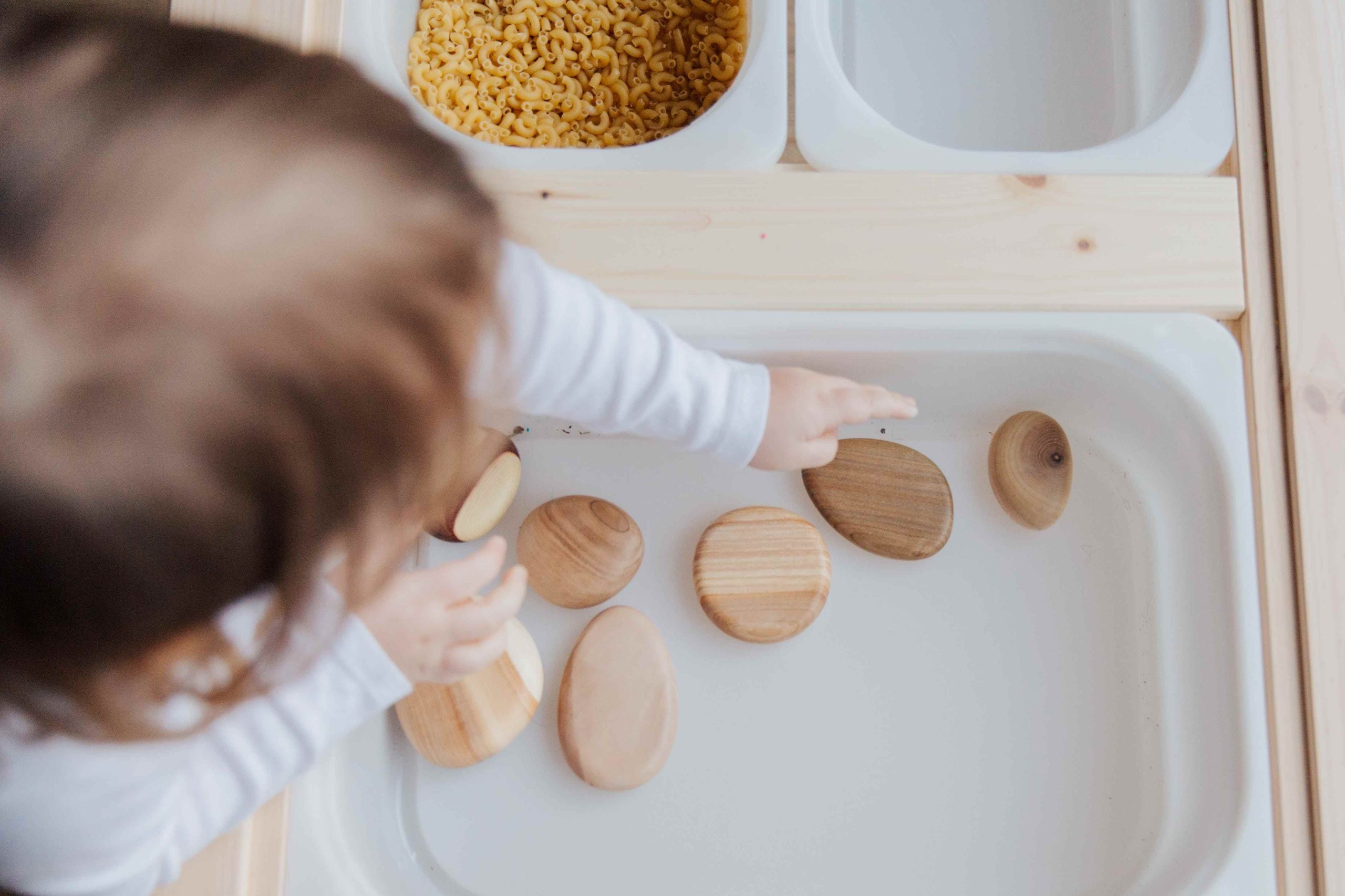
The Importance of Self-Control in Preschoolers
The Science Behind Self-Control
Self-control is an ability to manage one’s impulses, emotions, and behaviors which is essential for success in life. According to studies, people with good self-control tend to be happier, healthier inside and out, and have more rewarding social relationships. Self-control is correlated with an area of the brain responsible for controlling feelings, ideas, and behaviors.
In preschoolers, the prefrontal cortex is still developing, resulting in a limited capacity for self-control. However, with practice and guidance, preschoolers can learn to control their emotions, thoughts, and actions.
The Benefits of Self-Control in Preschoolers
Preschoolers who have developed self-control are better equipped to handle challenges and setbacks. They can regulate their emotions and remain calm in stressful situations, leading to better decision-making skills and stronger social relationships.
How to Develop Self-Control in Preschoolers
- Set Boundaries
- Teach Problem-Solving Skills
- Model Self-Control
- Encourage Physical Activity
Common Challenges in Developing Self-Control in Preschoolers
- Impulsive Behavior
- Tantrums
- Distractions
- Emotional Outbursts
- Peer Pressure
- Emotional Dysregulation
- Attention Deficits
Tips for Overcoming Common Challenges in Developing Self-Control in Preschoolers
- Be Consistent
- Stay Calm
- Use Positive Reinforcement
- Create a Structured Environment
- Encourage Peer Interaction
Implementing Self-Control Strategies in Preschoolers
- Teach Self-Regulation Techniques
- Provide Opportunities for Decision Making
- Use Role-Playing
- Create Visual Aids
- Set Realistic Goals
- Reinforce Positive Behavior
The Importance of Modeling Self-Control in Preschoolers
To educate preschoolers on how to control their emotions and behavior, adults must set a good example for them. Modeling self-control consistently can significantly impact a preschooler’s development.
Common Mistakes to Avoid When Teaching Self-Control to Preschoolers
- Expecting Too Much Too Soon
- Being Inconsistent
- Punishing Instead of Teaching
- Ignoring Emotions
- Overprotecting Preschoolers
Seeking Professional Help for Preschoolers with Self-Control Issues
Some preschoolers may experience difficulties developing self-control despite efforts to support them. Seeking professional help can be beneficial for preschoolers exhibiting extreme behavior, consistent challenges, social or academic difficulties, or with a family history of similar issues.


